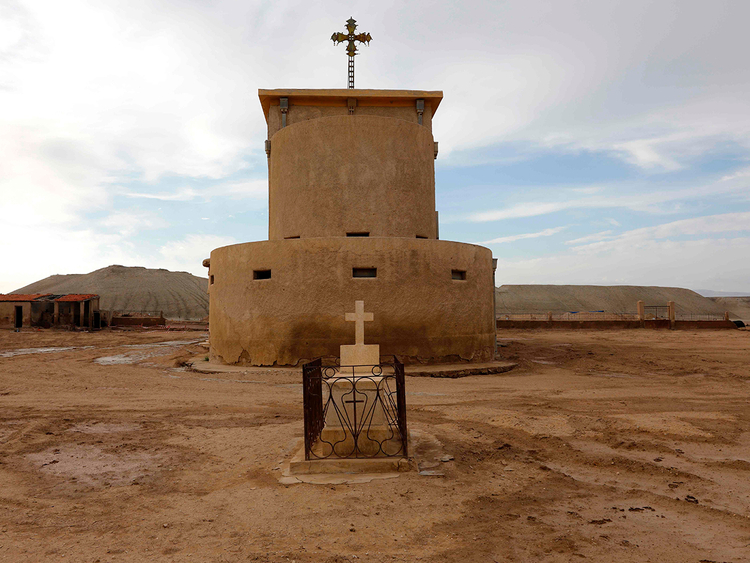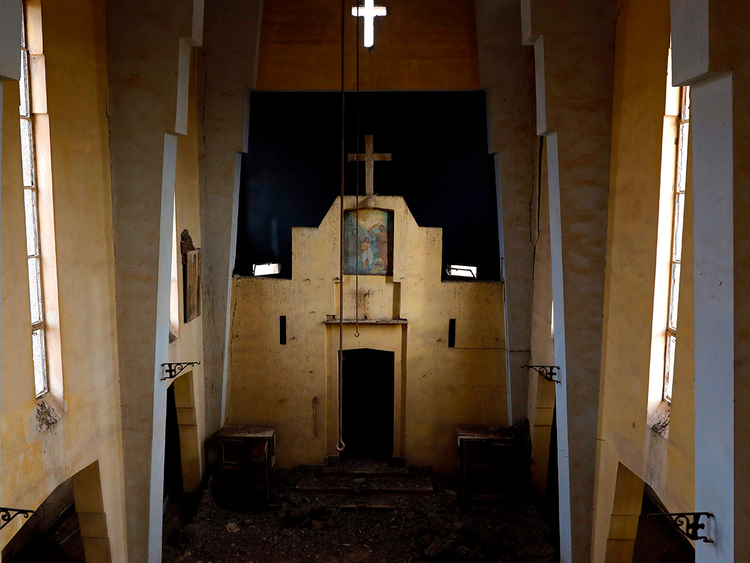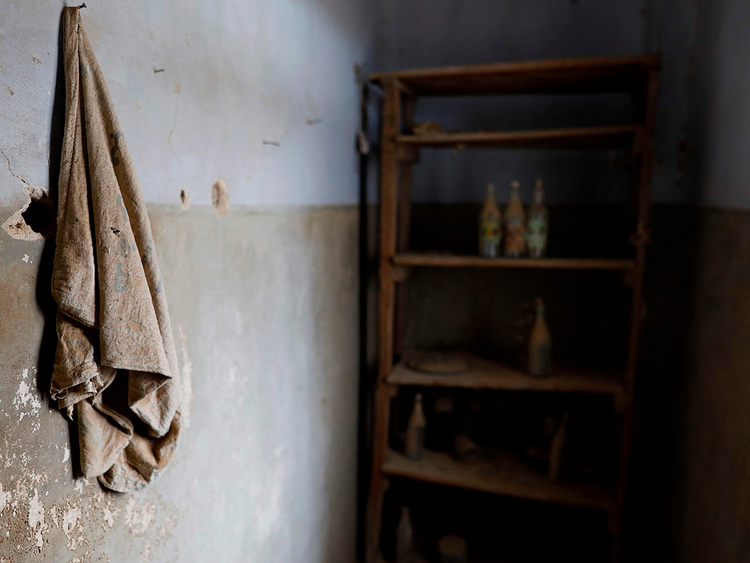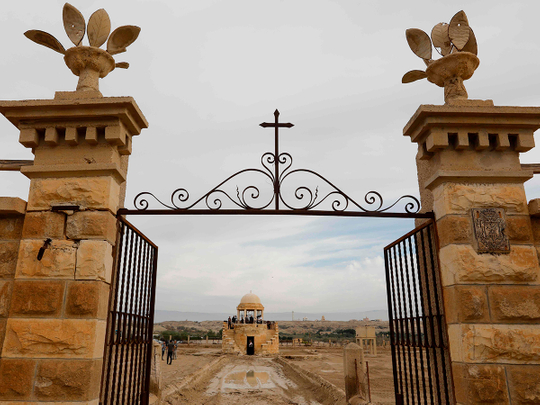
West Bank: Israeli and foreign engineers sounded the all-clear on Sunday around three churches on the western bank of the Jordan River, near where Jesus is believed to have been baptised, after mines that had marooned the shrines for decades were cleared.
The river banks were once a war zone between Israel and Jordan, and were littered with thousands of landmines and unexploded ordnance. The two neighbours made peace in 1994 but it took many years before the defusing and clearing began.
The Jordan river is significant for Jews as in the Torah, the tribes of Israel under Joshua crossed the river on dry ground to enter the promised Land after years of wandering in the desert. And it is significant for Christians because John the Baptist baptised Jesus in the waters of the Jordan river.
Seven churches have sat empty and decaying for around 50 years on the Occupied part, though in recent years Christians have been able to visit a restricted area at the actual site on the banks of the Jordan, called Qasr Yahud baptism site where many believe Jesus was baptised about a kilometre away.
The area on the Jordanian side was a Jordanian military zone until it was cleared from minefields, the Jordanian government made the place accessible to archaeologists, pilgrims and tourists.
Following southward from its sources in the mountainous area where Israel, Syria and Lebanon meet, the Jordan River passes through the Sea of Galilee and ends in the Dead Sea. A large part of its 320-kilometre length forms the border between Israel and Jordan in the north and the West Bank and Jordan in the south.
Israel's Defence Ministry said on Sunday that mine-clearing had been completed around three of the shrines - belonging to the Franciscan order and the Greek Orthodox and Ethiopian churches - though they have yet to be formally opened to the clergy or the public.
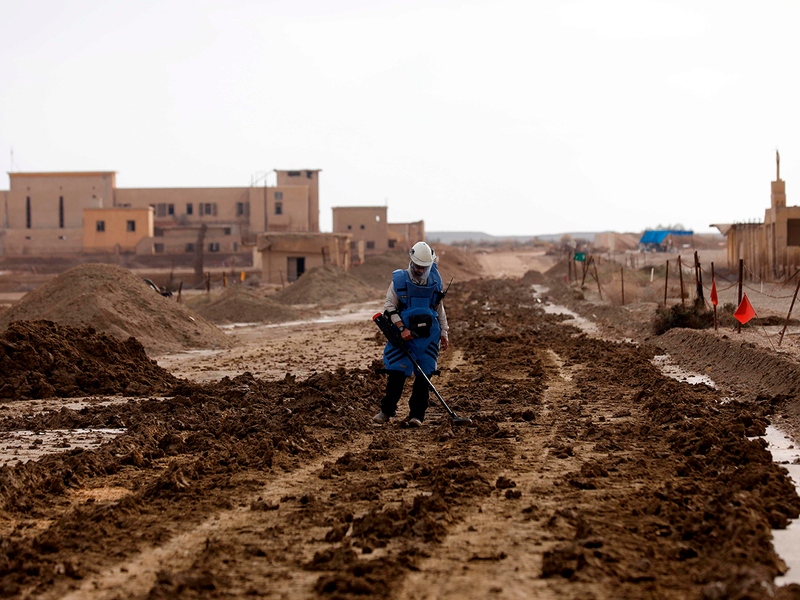
"The clearing and releasing of this land, and the opportunity to return it to its religious guardians, is a project in which we take great pride," Marcel Aviv, head of the ministry's de-mining department, said in a statement.
Work around the other four shrines - Syrian Orthodox, Coptic, Russian Orthodox and Roman Catholic - would take months to complete, Israel said. Engineers worry that some of them might have been booby-trapped.
The Halo Trust, a Scottish-based charity that has cleared minefields worldwide and was once sponsored by the late Princess Diana, has also been involved in the project near Qasr Yahud.
The charity's CEO, James Cowan, said donations had come from Christians, Jews and Muslims worldwide.
"This Christmas/holiday season, the Halo Trust has reached a pivotal point in our work to clear the Baptism Site of landmines and other remnants of war ... which will ultimately benefit all humanity," he said.


